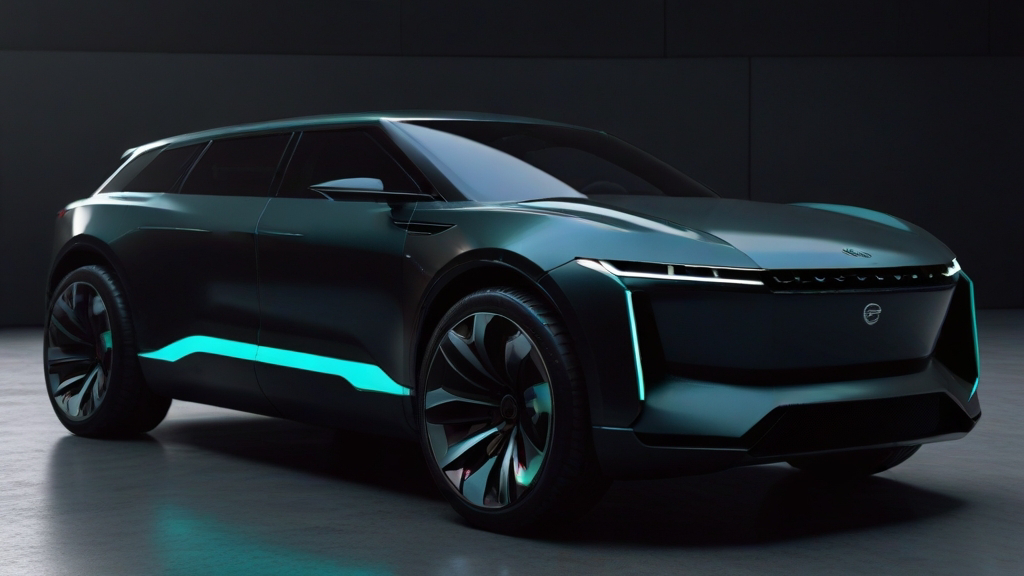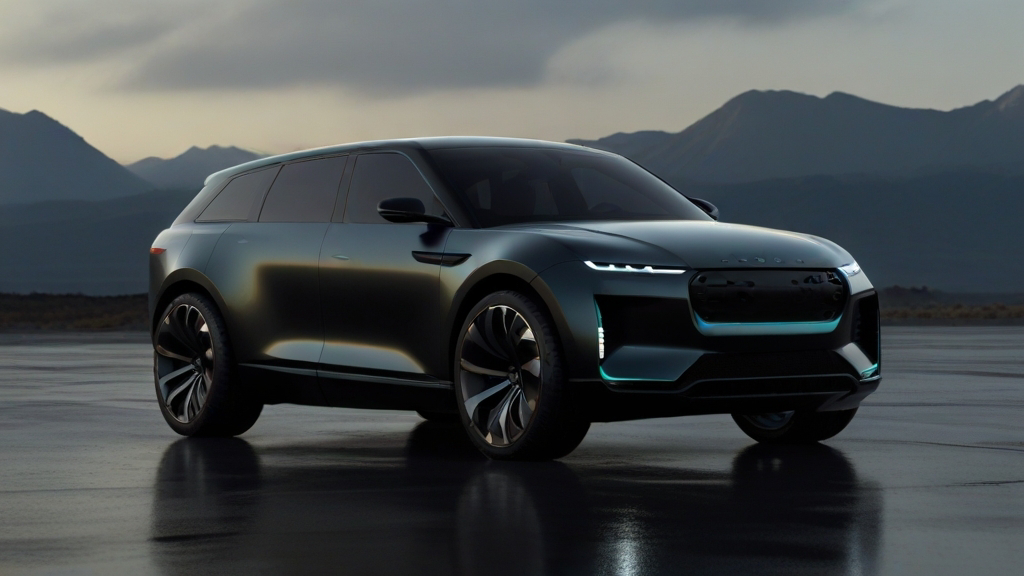Replacing a Range Rover with a Qatari-built car represents a significant shift in automotive preference, reflecting both practical considerations and cultural influences. Range Rover, known for its luxury, performance, and off-road capabilities, has long been a symbol of prestige and status. On the other hand, a Qatari-built car embodies a sense of national pride, innovation, and possibly a desire to support local industries.
Firstly, let's explore the allure of the Range Rover. For decades, this iconic British marque has epitomized luxury SUVs, blending refined elegance with rugged performance. Its reputation for excellence in craftsmanship, advanced technology, and unparalleled comfort has attracted discerning buyers worldwide. From the bustling streets of London to the vast deserts of the Middle East, the Range Rover commands attention and respect.
However, despite its esteemed reputation, owning a Range Rover comes with its own set of challenges. High maintenance costs, frequent repairs, and depreciating value are common concerns among Range Rover owners. Additionally, the environmental impact of driving a large, gas-guzzling vehicle cannot be ignored, especially in an era of increasing awareness about sustainability and climate change.
This is where the appeal of a Qatari-built car comes into play. Qatar, a small but wealthy nation in the Arabian Gulf, has been investing heavily in diversifying its economy beyond oil and gas. One such endeavor is the development of a domestic automotive industry. By producing cars locally, Qatar aims to create jobs, stimulate economic growth, and showcase its engineering prowess on a global stage.
A Qatari-built car would likely be tailored to the unique demands of the local market, taking into account the harsh climate, rugged terrain, and cultural preferences of the region. From advanced cooling systems to sand-resistant paint finishes, these cars could be designed to excel in the challenging conditions of the Middle East.
Furthermore, choosing a Qatari-built car over a Range Rover can be seen as a statement of national pride and solidarity. By supporting local industries and investing in domestic innovation, consumers contribute to the prosperity and self-sufficiency of their own country. This sense of patriotism and community spirit resonates deeply with many people, especially in nations with a strong sense of cultural identity like Qatar.
Of course, the decision to replace a Range Rover with a Qatari-built car is not solely based on practical or patriotic considerations. It also reflects shifting trends in the automotive industry and evolving consumer preferences. As electric and hybrid vehicles gain popularity worldwide, there is a growing demand for eco-friendly alternatives to traditional gas-guzzlers like the Range Rover.
Qatar, with its abundant sunshine and commitment to renewable energy, is well-positioned to embrace the transition to electric mobility. A Qatari-built electric car could harness the country's expertise in solar power and energy storage to deliver a sustainable and futuristic driving experience. With zero emissions and lower operating costs, such a vehicle would offer a compelling alternative to traditional luxury SUVs.
Moreover, a Qatari-built car could leverage cutting-edge technologies such as artificial intelligence, autonomous driving, and connectivity to enhance the driving experience and redefine the concept of luxury on the road. Imagine a car that anticipates your needs, adapts to your preferences, and seamlessly integrates with your digital lifestyle. This vision of the future is not far-fetched, given Qatar's ambitions and capabilities in the field of innovation.
In conclusion, replacing a Range Rover with a Qatari-built car represents more than just a change of vehicle. It symbolizes a shift in mindset, from traditional luxury to homegrown excellence, from fossil fuels to clean energy, and from global brands to local pride. Whether driven by practical concerns, cultural values, or a vision for the future, this decision reflects the complex interplay of factors shaping the automotive industry and society at large.








0 Comments